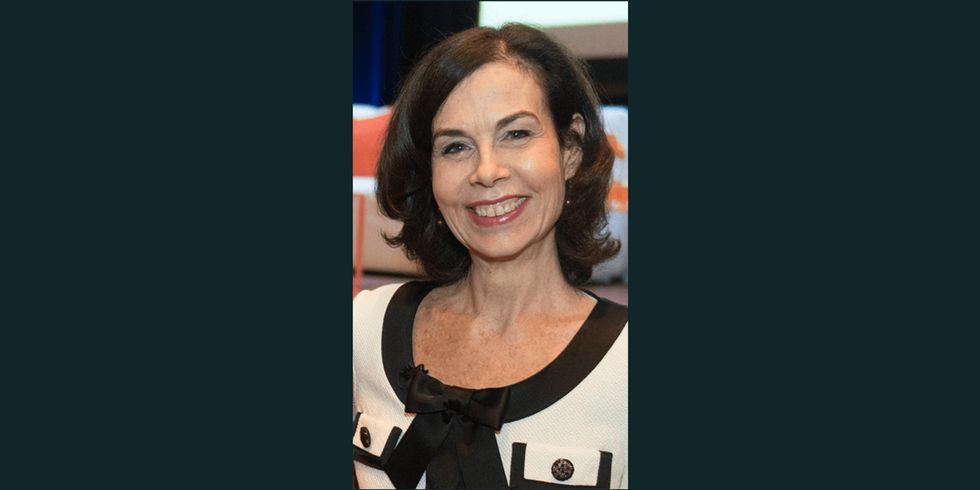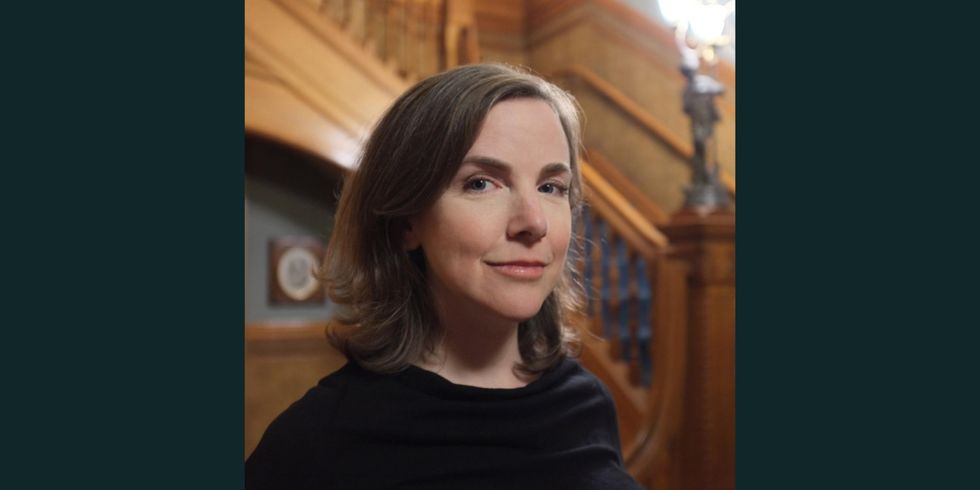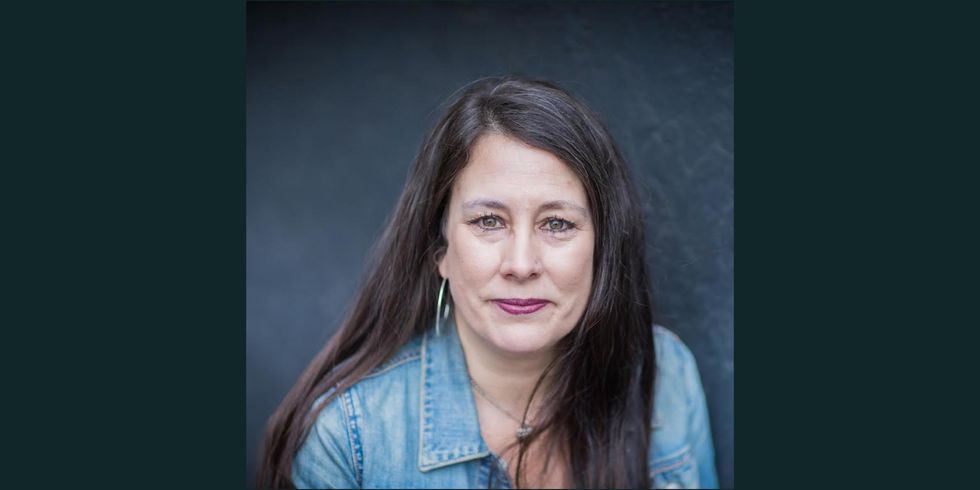While women remain significantly underrepresented in government, there is at least one adjacent field in which they have achieved gender parity in leadership: the universe of democracy reform and bridge-building organizations.
In its 2021 Diversity Report, the Bridge Alliance found that half of the executives leading its 100 member organizations are women. (Disclosure: The Fulcrum is a program within the Bridge Alliance, which brings together organizations working toward a healthy democracy.)
To mark Women’s History Month, The Fulcrum is spotlighting just some of the women leading these organizations.
Louise Dubé
Executive Director, iCivics
"Investing in the civic education of our youth is essential if we are going to sustain and strengthen our constitutional democracy. I’m particularly inspired by Supreme Court Justice Sandra Day O’Connor—who founded iCivics to ensure that the practice of democracy is learned by each new generation—and Supreme Court Justice Sonia Sotomayor, who has picked up this mantle."

































Trump & Hegseth gave Mark Kelly a huge 2028 gift